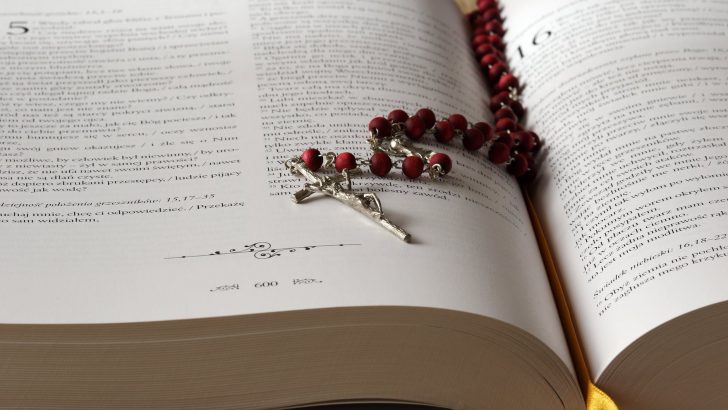Catholic bishops have said that proposed hate crime legislation in Scotland could criminalise the Bible and the Catechism of the Catholic Church.
In a statement issued on July 29, the bishops argued that the Scottish Government’s new Hate Crime and Public Order Bill could lead to censorship of Catholic teaching.
Commenting on the submission of the bill, the Director of the Catholic Parliamentary Office, Anthony Horan said: “Whilst acknowledging that stirring up of hatred is morally wrong and supporting moves to discourage and condemn such behaviour the bishops have expressed concerns about the lack of clarity around definitions and a potentially low threshold for committing an offence, which they fear, could lead to a ‘deluge’ of vexatious claims.
“A new offence of possessing inflammatory material could even render material such as the Bible and the Catechism of the Catholic Church…inflammatory. The Catholic Church’s understanding of the human person, including the belief that sex and gender are not fluid and changeable, could fall foul of the new law. Allowing for respectful debate means avoiding censorship and accepting the divergent views and multitude of arguments inhabiting society.”
Legislation
The Scottish Government proposed the bill in response to an independent review of hate crime laws led by the retired judge Lord Bracadale. The government argues the bill modernises, consolidates and extends existing hate crime legislation. It also abolishes the offence of blasphemy.
In their submission, the bishops said they had no objection to the proposal to abolish the common law of blasphemy, which has not been prosecuted in Scotland for more than 175 years.
But the bishops said they were concerned the bill could feed “cancel culture”.
“The growth of what some describe as the ‘cancel culture’, hunting down those who disagree with prominent orthodoxies with the intention to expunge the non-compliant from public discourse and with callous disregard for their livelihoods, is deeply concerning,” they wrote.
“No single section of society has dominion over acceptable and unacceptable speech or expression. While the legislature and judiciary must create and interpret laws to maintain public order it must do so carefully, weighing in fundamental freedoms and allowing for reasonably held views.”


